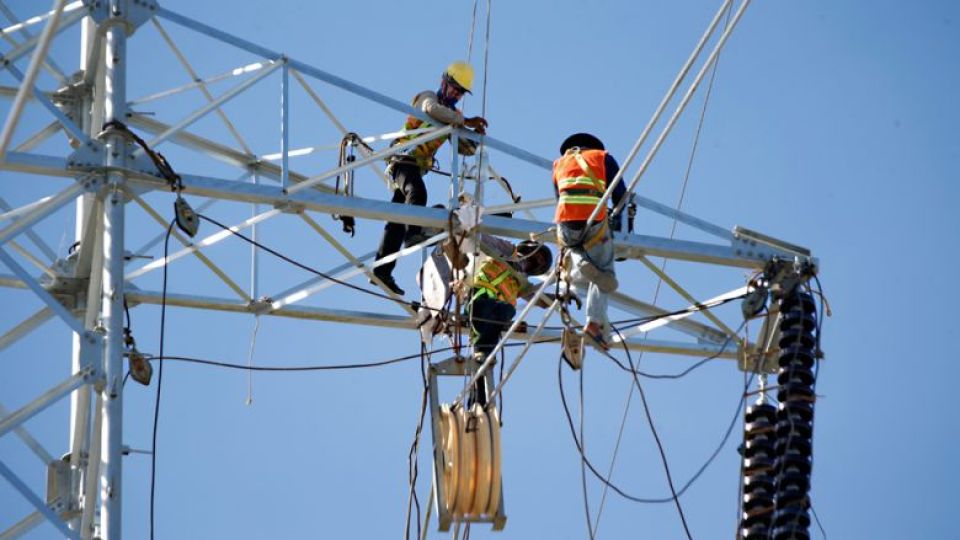April 13, 2022
PHNOM PENH – Cambodia generated more than 9.709 billion kilowatt-hours (kWh) of electricity on its own in 2021, an increase of 7.86 per cent compared to over 8.614 billion kWh in 2020, Prime Minister Hun Sen said.
“By 2021, the number of households connected to the grid amounted to 3.12 million or 86.43 per cent of 3.61 million households [target for 2021]. It covers about 97.53 per cent of the total 14,168 villages in Cambodia,” Hun Sen added.
During a visit in Krakor district in Pursat province early 2022, Keo Rottanak, director-general of state-owned electricity supplier Electricite du Cambodge (EdC), said the government has been “working hard” to generate electricity that would allow people to obtain electricity at an affordable price.
“Currently, the solar station in Krakor is the largest solar power plant in Cambodia. The prime minister has agreed to continue installing solar power stations in Sna Ansa commune, Krakor, and will expand the production capacity from 90MW to 240MW,” he said.
Ly Ly Food Industry Co Ltd CEO Keo Mom said electricity has played an “important and indispensable” role in the production lines of small- and medium-sized enterprises (SME). “Electricity supply has steadily improved, boosting the SME sector.”
However, she commented that electricity in Cambodia is still comparatively expensive to neighbouring countries. Coupled with fuel hikes, production costs have expanded, notwithstanding unstable electricity supply which has impacted production.
“We recognise the efforts by the government to build more hydropower stations to lower electricity tariffs and reduce electricity costs for the state and enterprises. But, we feel that the government can reduce the consumption costs at night.
“Although we can reduce the cost of electricity, labour costs would increase because night shift workers are paid more than day shifts. So it is not possible to offset,” she said.


